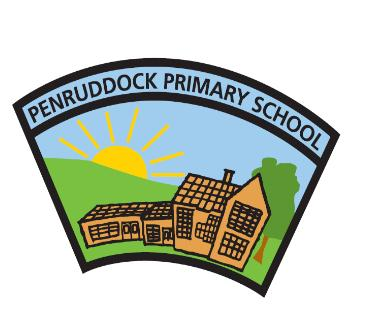English

Across the English curriculum, we seek to provide rich, impactful learning experiences that lead to secure learner development and a high level of competence.
We aim to create a positive reading and writing culture, where both are promoted, enjoyed and valued by all. Our goal is for our learners to leave us as able readers and writers; learners who make informed decisions about reading preference rooted in their breadth of experience of high-quality text and instruction. Pupils should leave Penruddock proud of their capabilities and achievements across the English curriculum, ready to excel in the next chapter of their learning journey.
We support children to write clearly, accurately and coherently: adapting their style in- and for- a range of contexts, purposes and audiences. All learners revisit the core purposes for writing (to inform, to entertain, to persuade and to discuss) multiple times throughout a year, to ensure progression, promote consolidation and enable connection.
Through high quality teaching of sequenced, progression-mapped units of learning, we look to provide opportunities to acquire a wide vocabulary; develop a solid understanding of grammar and develop their learner voice. Our goal is to help learners recognise their own capacity for creativity, precision and excellence.
We want to inspire children to be confident in the art of speaking and listening. Our learners should leave us able to use their discursive skill to communicate and further their learning.
Where learners are ready to consolidate depth of mastery, we tailor experience to ensure challenge; where learners require adaptive practices to secure access or achievement, we will provide it creatively and compassionately. All of our learners are celebrated and their experience is centred in all that we do.
Please explore our provision below; if you have any questions related to our English curriculum, please speak to Mrs Foley- our English Subject lead.
Reading
Subject Progression
We pride ourselves on the quality and capability of our young readers. Firm foundations established through Little Wandle Phonics in the Early Years and Year 1 ensure our older children are ready to explore a wealth of quality texts through our Reading Challenge Initiative. Our pupils are avid readers excited to explore new authors and classic fiction via our reading topic boxes and our ‘Battle of the Books’. New tasks are set each term to motivate and inspire our children to develop and experience a love of books. Class novels are chosen from our topic linked suggested texts within our reading skill-based progression and these usually form the basis for a range of English, reading, and writing work in each class.
Our library, managed by our UKS2 librarians, is a warm and friendly space where classes gather each week to share and browse fiction and non-fiction texts. Books are refreshed each year by the library service to ensure texts are current and relevant to our children and the topics studied within our curriculum. Every child chooses a sharing book each week to take home and read for pleasure with family and friends.
Younger readers read within their Little Wandle reading sessions to adults in school daily and at home with family and friends. Older supported readers are heard by an adult 1:1 in school regularly each week, with more confident readers completing the reading challenge activities and sharing texts through regular English reading, writing and topic based lessons. We value the support of visiting parents and governors who hear children read 1:1 regularly and share their own favourite texts in book events throughout the year.
Penruddock is a happy reading community, authentic book talk is everywhere!
Writing
Subject Progression
Our writing curriculum is rooted in our topical, cross curricular approach to learning. We embed writing opportunities in each topic studied and link them, where ever possible, to high quality model texts.
We help our learners see and understand the value of proof-reading, editing and drafting through modelling and careful explanation. Learners are exposed to, and encouraged to use, rich, varied vocabulary. They learn, through targeted, responsive teaching, to make deliberate grammatical choices regarding their writing's structure.
Subject Gallery
